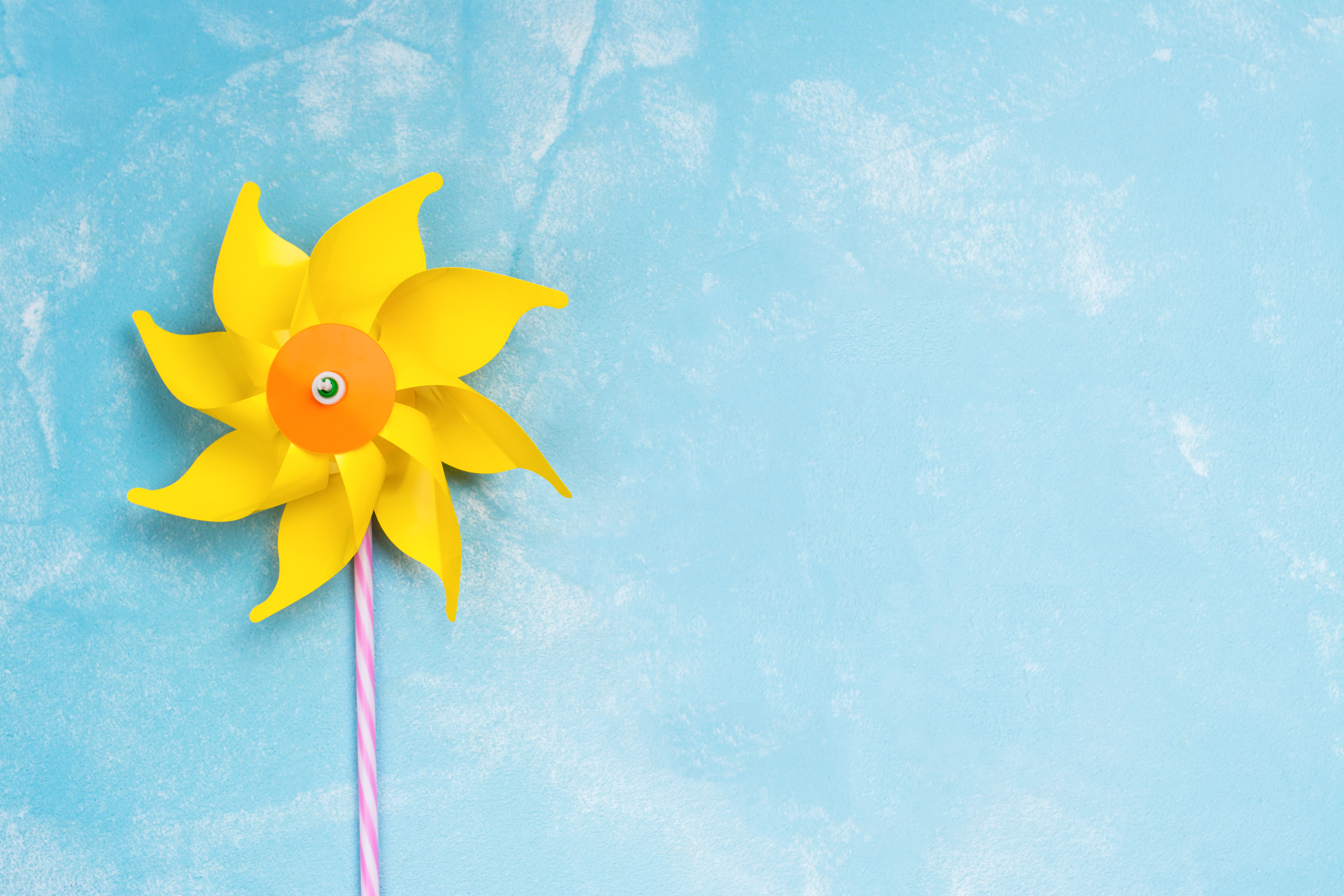As we head into the homestretch of summer, it’s worth remembering that learning happens all year long —and that brain drain is real but can be overcome at any time. If you are looking for ways to ensure your kids are primed for the first day of classes, we have recommendations collected from Georgia teachers on keeping young brains active on vacation. The complete list is after the jump, including the No. 1 activity for your kids, according to these educators.
The overarching theme is a thoughtful but straightforward combination of play and learning. There are plenty of ways to combine the two, and even to reframe the drivers of brain drain—screens, in particular—to promote learning in a way that’s accessible if not compelling.

Sure, you’ll battle with Fortnite. And there’s no hard-and-fast rule on brain-drain defeat. But to boil down more than 40 responses from teachers, there’s a tried-and-true approach built on three principles:
- Opt outside
- Screens: with great power comes great responsibility
- Math: little and often makes much
- “Read and write something every day.”
Sometimes, it’s as straightforward as solving a puzzle together, putting your screens away or having a conversation that centers your child. We’ll dig into the complete survey results, but first, let’s explore some outliers in our list.
Trends emerged immediately among teachers, even when the specifics were different—from a sharp focus on literacy to “procedural fluency drills,” or the daily lightning-round learning exercises that many teachers suggested. Yet some recommendations were surprising, deep or delightfully outside-of-the-box.
This life-hack from one teacher may be our favorite: “Stay off phones & social media and talk instead!” Instead, the teacher said, “summer is a great time to develop critical thinking skills while doing family activities.”
Another teacher offered broad, insightful advice for interacting with kids when the time is more abundant than usual. We think it’s powerful advice for any adult in a child’s life—any time of year:
“Invoke stimulating conversations with your student(s), allowing them to freely talk about things in which they are interested. Really LISTEN! Refrain from redirecting, or giving (parent’s) opinion. Show interest in whatever it is they decide to share.”
One teacher said that young students can learn to tie their shoes in the summer—a practice in coordination, problem-solving, motor skills and more. Another teacher said that parents can cook with their children using recipes. It’s a natural opportunity for students to read out loud, consider and make measurements, follow instructions and collaborate on a project with a clear outcome: make a delicious meal!

We’re not students, but we’ll try following one teacher’s advice. It’s called “Tech-Free at Three,” and the name speaks for itself: an hour of time offline every day, at 3 p.m. Of course, you can pick anytime that works best for you and your kids—but thoughtful, routine discipline around technology will create daily opportunities for them to try something new!
We also loved this suggestion—and the phrase itself: “COOL MATH.” The same teacher had another catchy bit of wisdom: “Readers are leaders!”
That brings us to the complete list of summer activities recommended by Georgia teachers. Comment below to let us know your thoughts, and if there’s anything you’d add!
OPT OUTSIDE
To snag a tagline from REI, opt outside with your kids whenever you can! This may be the simplest way to beat the brain drain.
“Just getting outside and playing to exercise the body as much as the mind.” Teachers recommended all kinds of things, from yoga and hikes to just having fun. They recommended summer camp, too, affordable nature-based day trips and traveling in general.“Out” can be indoors, too—especially on a rainy day. Many teachers noted that Museums often provide free monthly or weekly admission for local residents. They referenced the library, too, as a perfect place to visit for a trip out of the house. One teacher suggested that your kids hit the library on a weekly basis.
SCREENS: WITH GREAT POWER COMES GREAT OPPORTUNITY
Although we adore Tech-Free at Three, the reality is that screens are here to stay—and they’re a big part of our kids’ lives. Teachers don’t think that’s a bad thing. Instead, they think it’s an opportunity if the screen’s going to creative and deliberate use.
There’s no shortage of programs online that your child can incorporate into their day, blending play and screen-time with research-backed activities geared toward keeping the essential material fresh in a student’s mind.
One program—a best-seller called Summer Bridge—was recommended again and again. It’s not free, but it is on sale and you can learn more about the resource here. These were their other tips:
- Reading A-Z–reading instruction online
- Success Maker–a math and literacy program
- Moby Max–a way to find and fix gaps in learning
- USA Test Prep–resources aligned with state curricula
- Cafeteria Caper—a problem-solving game for math reasoning
LITTLE AND OFTEN MAKES MUCH
We got that as a fortune, once—and of course, it’s profound. Repeating simple exercises for just 10 to 30 minutes each day can keep a student’s reading and math skills sharp! One teacher suggested this formula: 20 minutes on reading, 10 minutes on writing and 30 minutes on math. While daily exercise is best, some exercise is better than none. One teacher said that students should at least practice math three days a week. Many suggested quick problem-solving (embedded in a game if possible) or flash-card reviews—not laborious, but highly effective. This is even true of reading. As one teacher said, it’s essential “but it doesn’t have to be for long periods of time.” Instead, “Younger students, they can take turns reading to parents & having parents read to them.” More on that…
- “READ AND WRITE SOMETHING EVERY DAY.”
The most resounding response to our survey? Reading. As one teacher said: “Reading, reading and more reading!” We also heard:- Reading for at least 30 minutes a day
- Reading but also write/illustrate books
Okay, you get the gist. But it’s hard to belabor this point when reading is one of the key indicators of success for young learners in subjects beyond English Language Arts, too. For instance, “students who do more reading at home are better readers and have higher math scores.”
Lastly, Atlanta Parent magazine put together an awesome list of 250 things to do this summer. Check out the list here.
Thankfully, Georgia teachers let us know what your kids could be reading, too. Check out the list here and let us know if we missed anything. Thank you again to the Georgia teachers that submitted responses!
